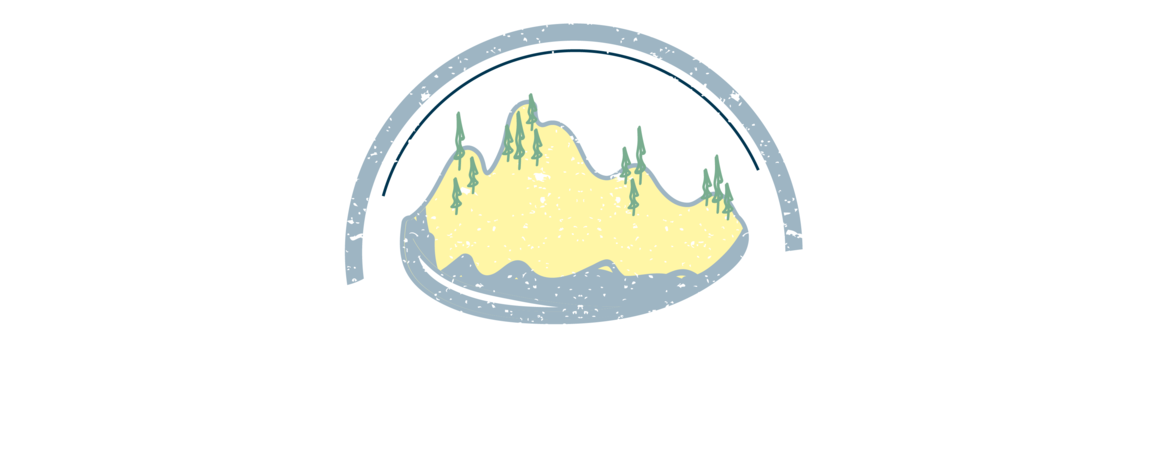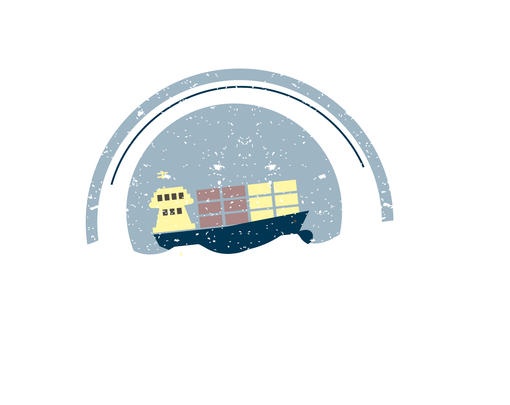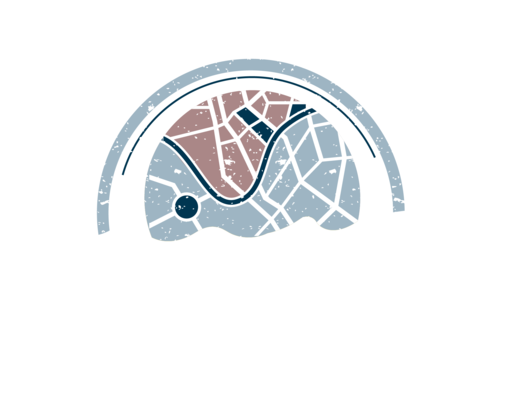What does it mean to hold wealth in common?
The idea of the “commons” is quite old—history around the world shows us that small-scale property regimes based on holding resources like land in common is a fairly prevalent pattern in agricultural societies. Crucially, these are (generally small) systems for managing common property, not the strawman free-for-all critiqued by Garrett Hardin under the “tragedy of the commons” rubric. The Nobel prize-winning work of Elinor Ostrom traced the shared mechanisms characteristic of successful systems for stewarding “common pool resources”—showing that decentralized governance and accountability are not only possible, but provide an attractive and efficient option that can often outperform, at some scales and in some situations, both state- and market-based alternatives.1 The idea of the commons has also received new attention by scholars and activists focusing on the internet, who see commons-based ownership (like free software and “creative commons” licenses) as an attractive possibility for digital goods where the marginal cost (i.e. the cost of making and distributing an additional copy) approaches zero. For these advocates of the digital commons, private ownership of digital assets represents a kind of artificial scarcity.
More generally, to hold wealth in common means to exercise ownership at the level of COMMUNITY—at the scale of the neighborhood, the city, the region or the State—for the common good, not private gain.
Why is wealth held in common and democratized at various scales, so important for the design of a next system?
From a moral perspective, it is important to recognize that our capitalist society tends to greatly overestimate the contributions of private individuals—like genius entrepreneurs—to the value created in the process of production. For instance, the long history of simultaneous invention, from calculus to magnetic resonance imaging technology, attests to the fact that fields of research often mature until the next “step” is obvious to many. Any specific invention or discovery, moreover, is itself composed of numerous preexisting elements bestowed by others. Thus, most of the economic gains that get distributed to individuals in a given year or period are derived from technological and other contributions inherited from the society of the past, not created by them in the present. As political scientist Robert Dahl put it, “Who has made a larger contribution to the operation of General Electric—its chief executives or Albert Einstein or Michael Faraday or Isaac Newton?”2
There are good reasons to welcome a component of creative entrepreneurs in any system. However, the incredible productivity of modern economic life is made possible only by a technological and scientific patrimony that goes back literally hundreds and hundreds of years. Everything from basic chemistry to the advanced mathematics used in complex computer processes has, in fact, been built up step-by-step through the cumulative effort of many previous generations. In addition, the research that produced many modern innovations and TECHNOLOGY—from computers and the internet to medical breakthroughs—was and is financed by the public.
Creative entrepreneurial invention is certainly important to encourage. However, the fruits of our massive common inheritance should largely be distributed in ways that benefit the public, rather than appropriated overwhelmingly by the lucky individuals who figure out how to profit from it at some particular moment of time
Certain kinds of natural resources and capacities to absorb pollutants also demand to be approached as commons rather than as privately appropriatable resources or overlooked externalities. CLIMATE CHANGE is a clear example. Any CO2 released into the atmosphere, from any location, contributes to a problem that is completely shared on a global scale.
Building from various commons at different scales, together with different patterns of shared OWNERSHIP, a “commonwealth” describes a state and socioeconomic system organized on principles of interdependence, designed with a coherent orientation towards the common good. In the 19th century, agrarian populists described such a vision as a “cooperative commonwealth”—although significantly they understood that cooperatives would not be able to flourish without larger scale public support, especially through monetary policy and public banking. Today, a Pluralist “Commonwealth” provides a general frame to outline the overall form of a system built with community in mind, at all levels of scale, and largely though not exclusively organized around plural forms of common ownership.
What are some examples of how “common wealth” builds a “commonwealth” today?
The resilience of common-pool resource strategies is a well-documented phenomena, with many regimes of common management surviving for centuries. For instance, in Valais, Switzerland, the commons-based systems for managing irrigation have survived for around 700 years, making them far older than industrial capitalism.3 In the US, the lobster fisheries of Maine are a celebrated example of common-pool resource management, with collective action, rather than state regulation, providing an effective way to sustain the population of lobsters on which the coastal economy depends.4
More high-tech examples of commons-based strategies have proliferated in recent decades. Online resources like Open Street Map and Wikipedia, not to mention the vast amounts of freely shared software behind much of our contemporary computing infrastructure, have been produced by multitudes of individual contributors through innovative licensing agreements. Such experiments in open knowledge production are beginning to find political expression as well, with countries like Ecuador exploring the best way to institutionalize state support for commons-based production.5
“Community wealth building,” an emerging framework for more inclusive economic development championed by the Democracy Collaborative, represents a related approach to building a “commonwealth” understood as a polity oriented towards broadly-shared wealth held in common, cooperative, or community institutions. Here, local governments partner with “anchor institutions” like nonprofit hospitals and universities to maximize the amount of money that is spent and invested locally, rather than siphoned off to non-local balance sheets—and this recirculating money in the common economy is used to support businesses owned through a variety of democratized forms, like worker cooperatives or social enterprises.6
See also:
CLIMATE CHANGE, COMMUNITY, OWNERSHIP, TECHNOLOGY
Further reading
David Bollier, Think Like a Commoner: A Short Introduction to the Life of the Commons, (British Columbia: New Society Publishers, 2014).
Elinor Ostrom, Governing the Commons: The Evolution of Institutions for Collective Action, (New York: Cambridge University Press, 1990).
Gar Alperovitz and Lew Daly,m Unjust Deserts: How the Rich Are Taking Our Common Inheritance, (New York: The New Press, 2008).
Yochai Benkler, The Wealth of Networks: How Social Production Transforms Markets and Freedom, (New Haven: Yale University Press, 2006).
- 1 Elinor Ostrom, Governing the Commons: The Evolution of Institutions for Collective Action (Cambridge, UK: Cambridge University Press, 1990).
- 2 Robert Dahl, Dilemmas of Pluralist Democracy: Autonomy Vs. Control (New Haven, CT: Yale University Press,1982), 184.
- 3 Emmanuel Reynard, “Hill Irrigation in Valais (Swiss Alps: Recent Evolution of Common-Property Corporations,” in Farmer Managed Irrigation Systems in the Changed Context, eds. Prachanda Pradhan and Uperndra Gautam (Kathmandu, Nepal: Farmer Managed Irrigation Systems Promotion Trust, 2002), 343-61.
- 4 Marjorie Kelly and David Korten, Owning our Future: The Emerging Ownership Revolution (San Francisco, CA: Berrett-Koehler, 2012) 131-145.
- 5 “FLOK Society: About,” FLOK Society, accessed November 2, 2016.
- 6 “Community-Wealth.org,” The Democracy Collaborative, accessed November 2, 2016.





























